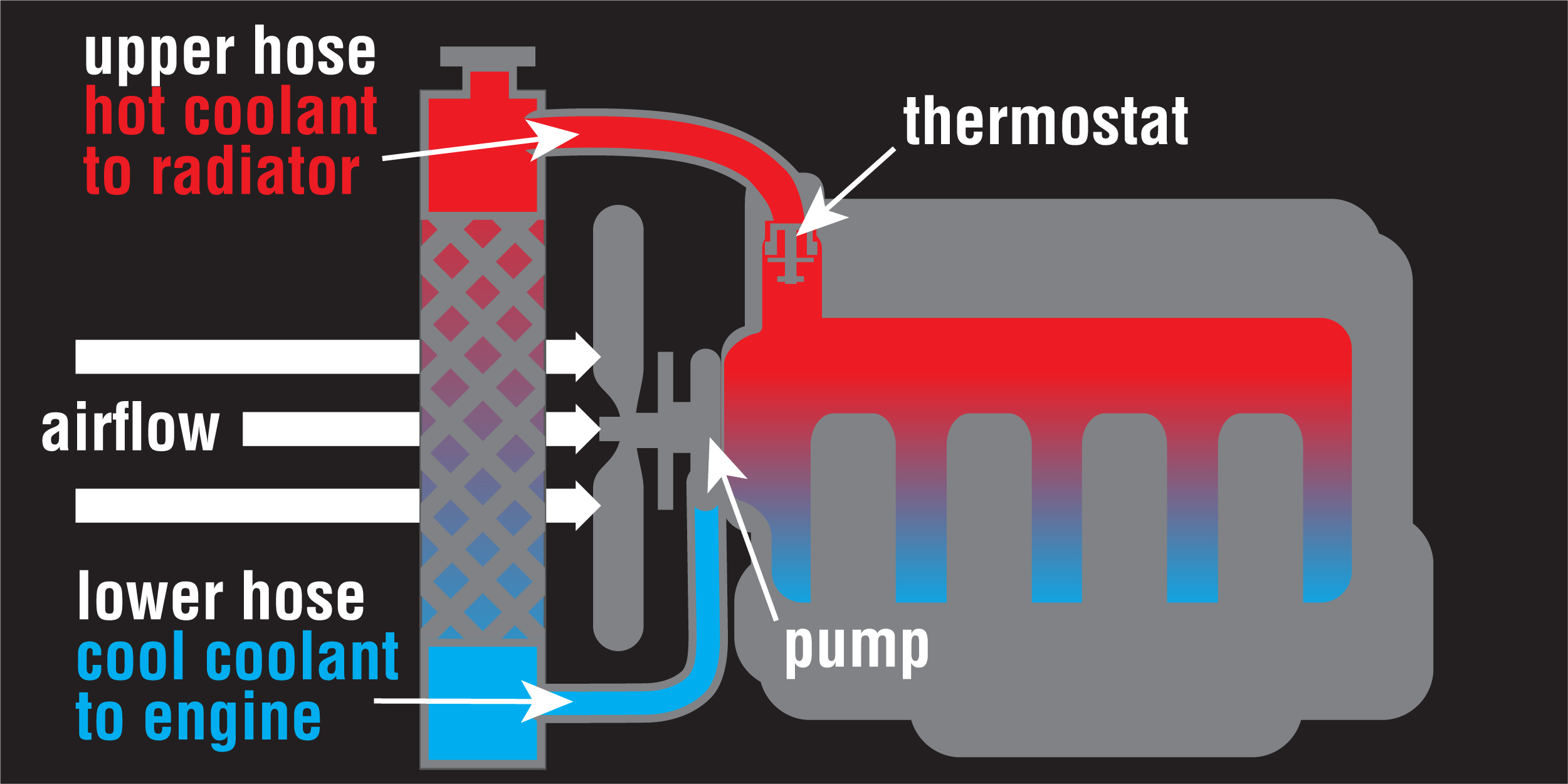Engine oil is a crucial component in maintaining the proper functioning of a vehicle’s engine. It lubricates the moving parts, reduces friction, and helps dissipate heat. However, when engine oil is not functioning optimally, it can potentially cause overheating issues in the engine.

Credit: timstowingandrecovery.com
Symptoms of Overheating Oil
Overheating oil can manifest in several symptoms:
- Inefficient Performance
- Burning Oil Smell
- Clunking Sound
- Overheating Engine
Causes of Overheating Oil
There are a few potential causes for engine oil overheating:
| Cause | Description |
|---|---|
| Low Oil Level | If the oil level is too low, there may not be enough oil to properly lubricate the engine, causing it to overheat. |
| Overfilled Oil | If too much oil is added to the engine, it can create excessive pressure and disrupt the oil’s ability to lubricate effectively, leading to overheating. |
| Contaminated Oil | If the oil is contaminated with coolant due to a leaking head gasket, cracked engine block, or compromised oil cooler, it can lead to overheating. |

Credit: bgfindashop.com
Effects of Overheating Oil
Overheating oil can have detrimental effects on the engine, including:
- Engine Damage
- Reduced Fuel Economy
- Increased Risk of Engine Failure
Preventing Overheating Oil
Proper maintenance and regular oil changes are essential to prevent overheating oil. Here are some tips to keep in mind:
- Check oil levels regularly
- Follow the recommended oil change intervals for your vehicle
- Ensure that the correct oil viscosity is used
- Address any leaks or coolant contamination promptly
Conclusion
In conclusion, engine oil plays a crucial role in keeping a vehicle’s engine running smoothly. However, if not properly maintained or if there are issues with oil levels or contamination, it can lead to overheating. Regular maintenance, including oil changes and prompt addressing of any oil-related issues, is vital in preventing engine overheating caused by engine oil.
Read More:


